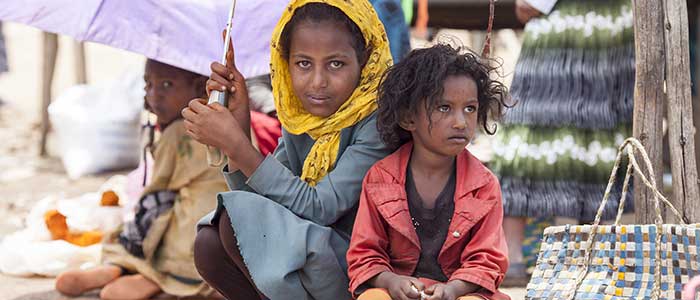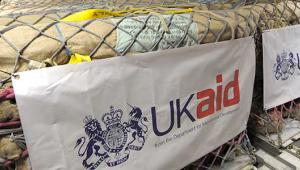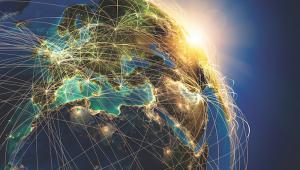ONE’s 2016 Poverty is Sexist report outlines how targeting funds towards improving the access of women and girls to areas like healthcare, education, nutrition and the internet can work to improve the lives of people of both genders living in the developing world.
Eloise Todd, global policy director for the ONE Campaign, said: “Until leaders tackle the injustices that pervade the lives of girls and women, half of the world’s resources will remain untapped and social and economic progress for everyone will be constrained.”
Ahead of International Women’s Day on March 8, the replenishment of the Global Fund to fight AIDS, TB and Malaria and the Nutrition for Growth Summit, ONE pointed out how smart investments in these areas, targeting women and girls, could ensure a maximum return on the funds.
On nutrition, ONE noted that women and girls are at the centre of the solution for future generations. Malnutrition in mothers-to-be, which often begins long before pregnancy, cuts the life chances of children short before they have even left the womb, hindering the development of their bodies and brains.
ONE called on governments to commit to increase funds at the Nutrition for Growth Summit this summer, and adopt policies to strengthen data, improve accountability and build global leadership on nutrition.
Making headway in the fight against epidemics like Ebola, HIV/AIDS, malaria and TB are also crucial to fighting extreme poverty. ONE argues that this will require gender-specific policies, and at least $13bn of funding for the Global Fund.
Not only are women and girls often more vulnerable to being infected in the first place, they are often unable to get the care they need due to financial or geographical barriers and cultural attitudes.
Governments should also apply political and economic pressure to deliver on equality for women and girls in areas like legal equality and women’s rights, the report said.
The African Development Bank and the International Development Association, the concessionary lending arm of the World Bank, should also target women and girls to catalyse the fight against poverty in areas like energy, infrastructure and connectivity, it added.
It suggested that gender markers, to identify whether funding is gender-sensitive, should be introduced by all development finance and delivery institutions, and that a new accountability exercise that measures progress for women and girls by governments, businesses and civil society should be introduced.














